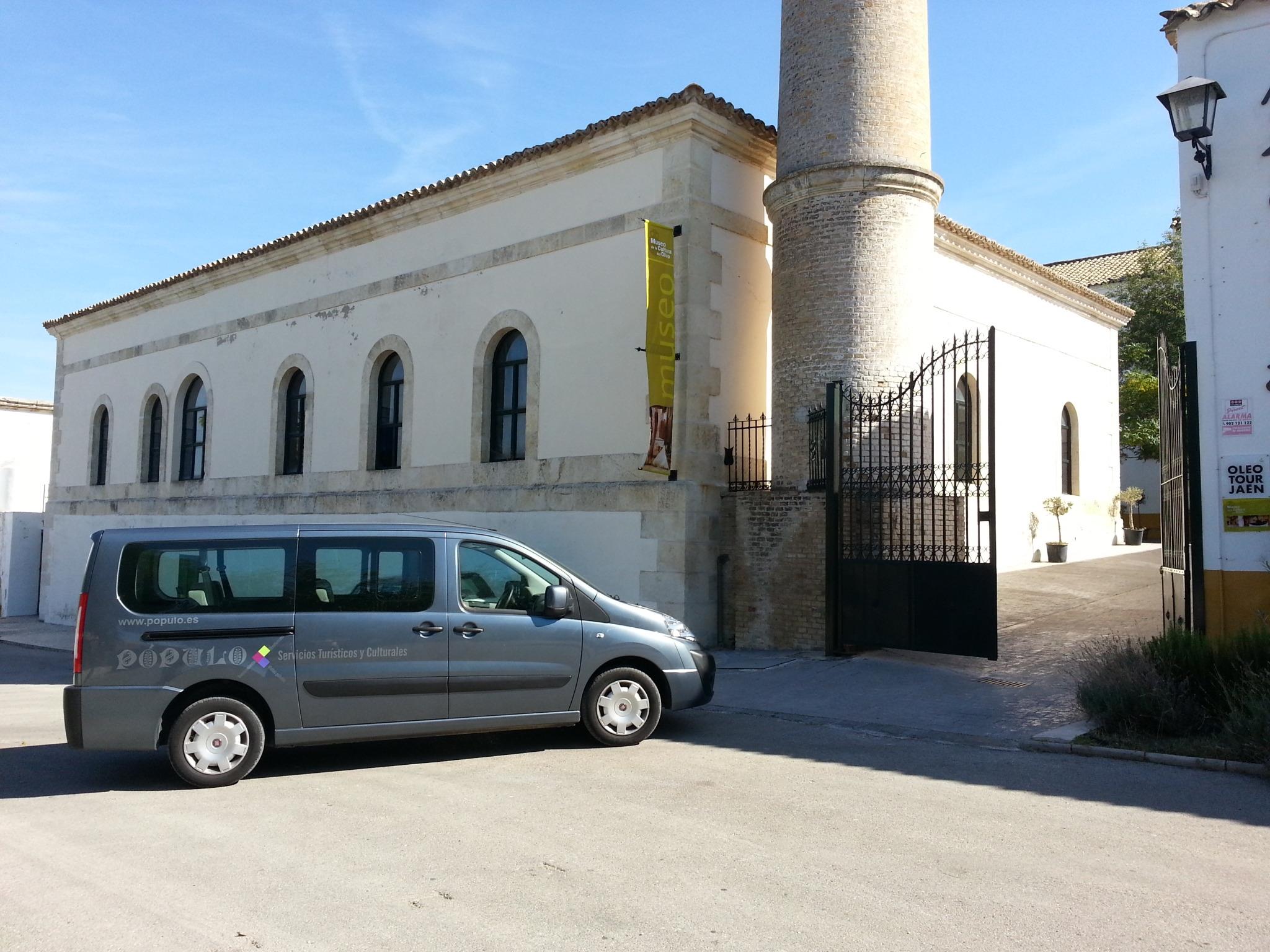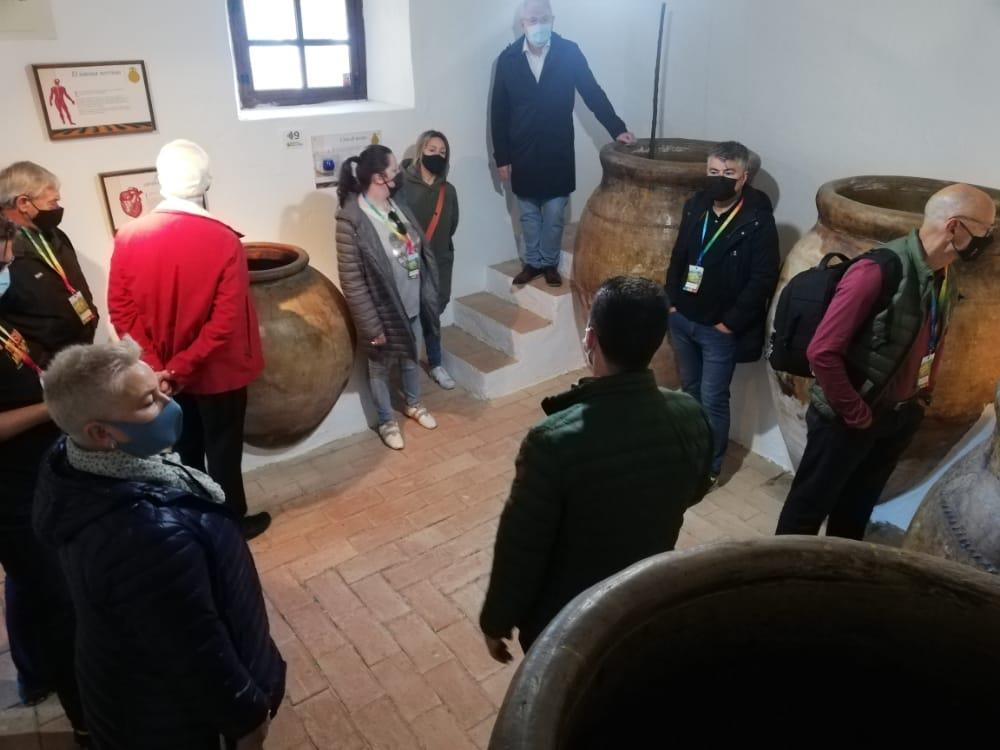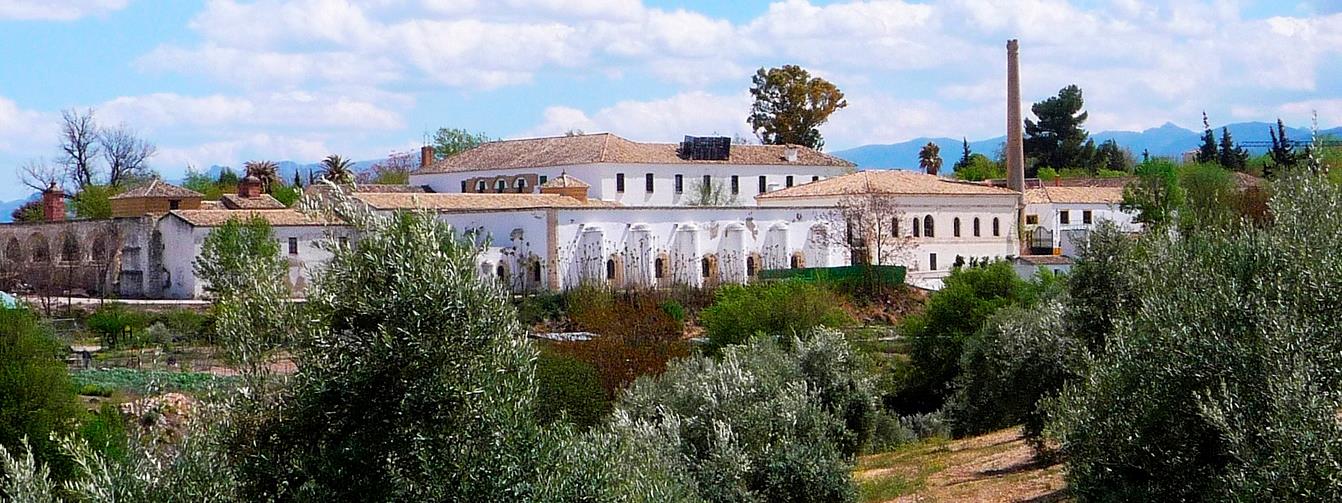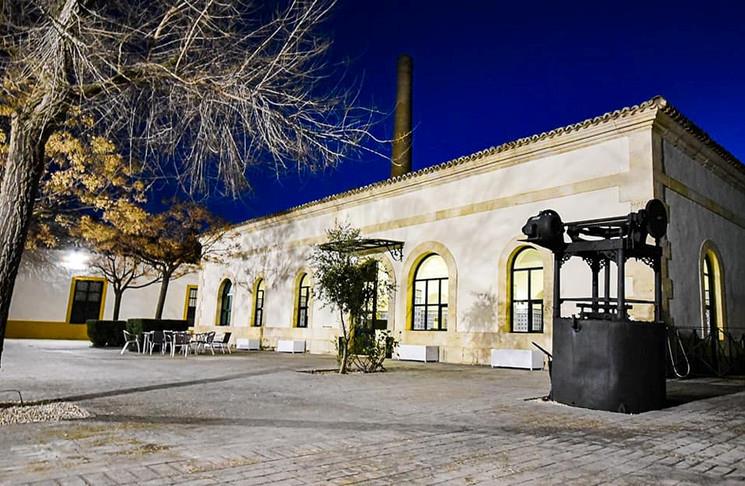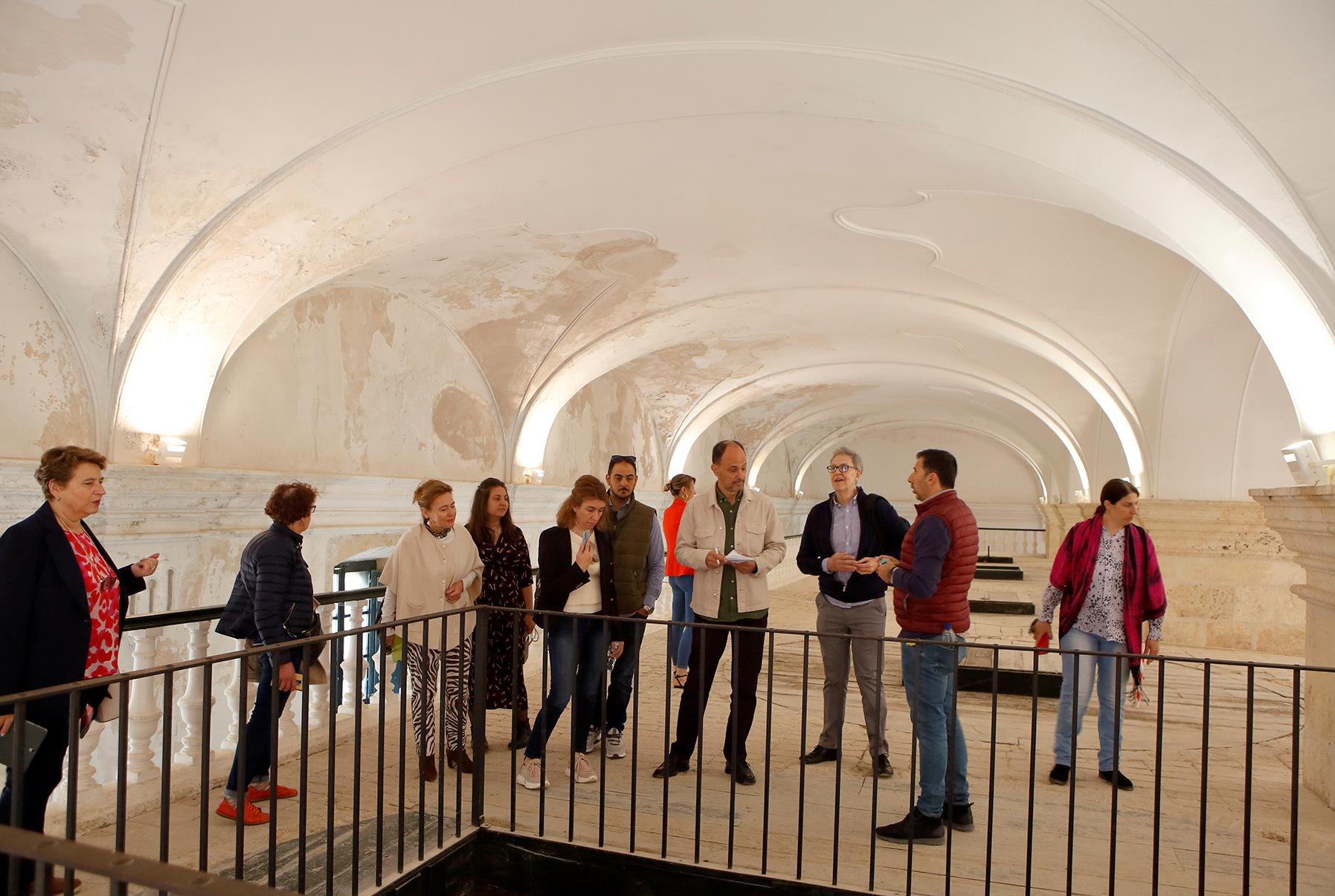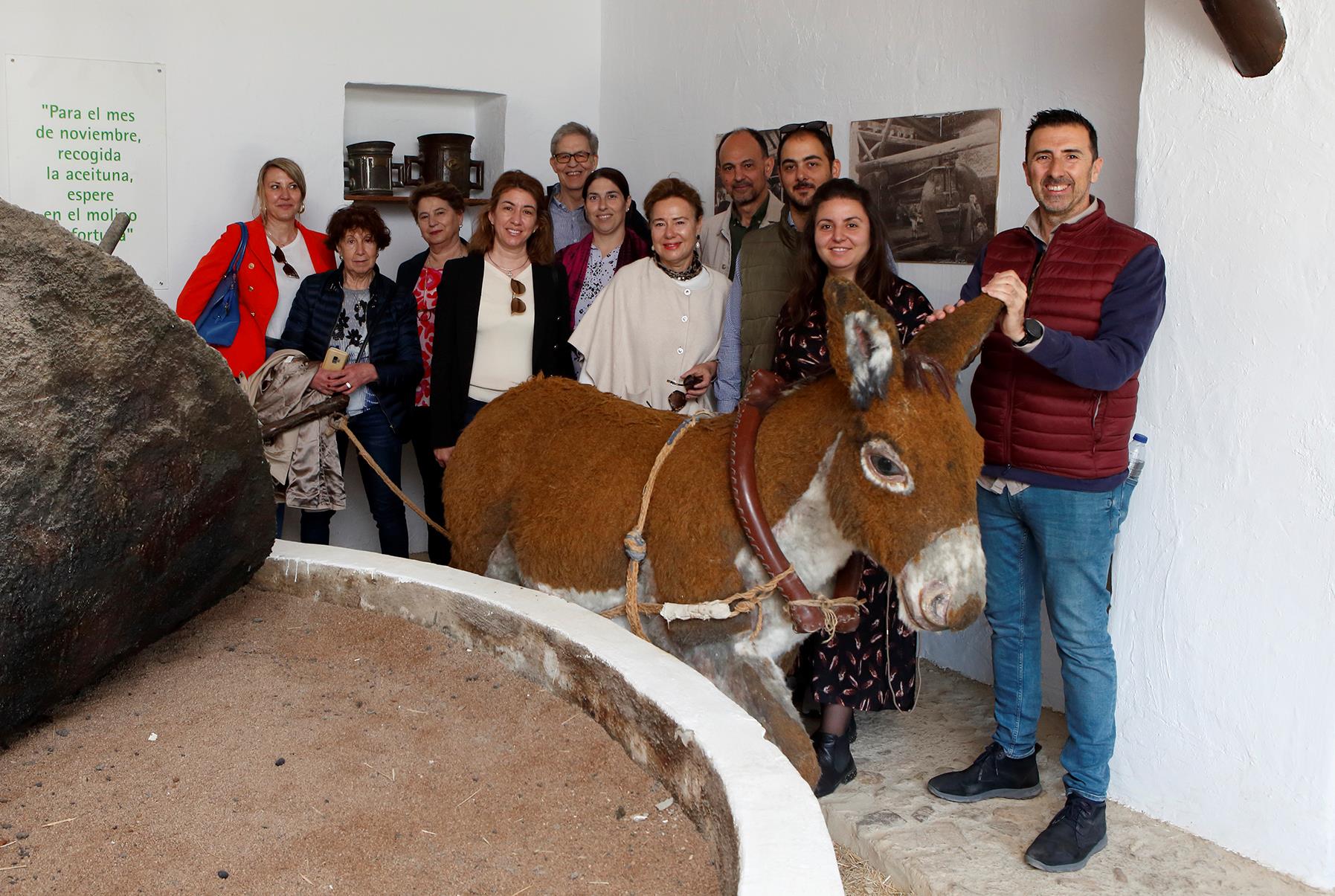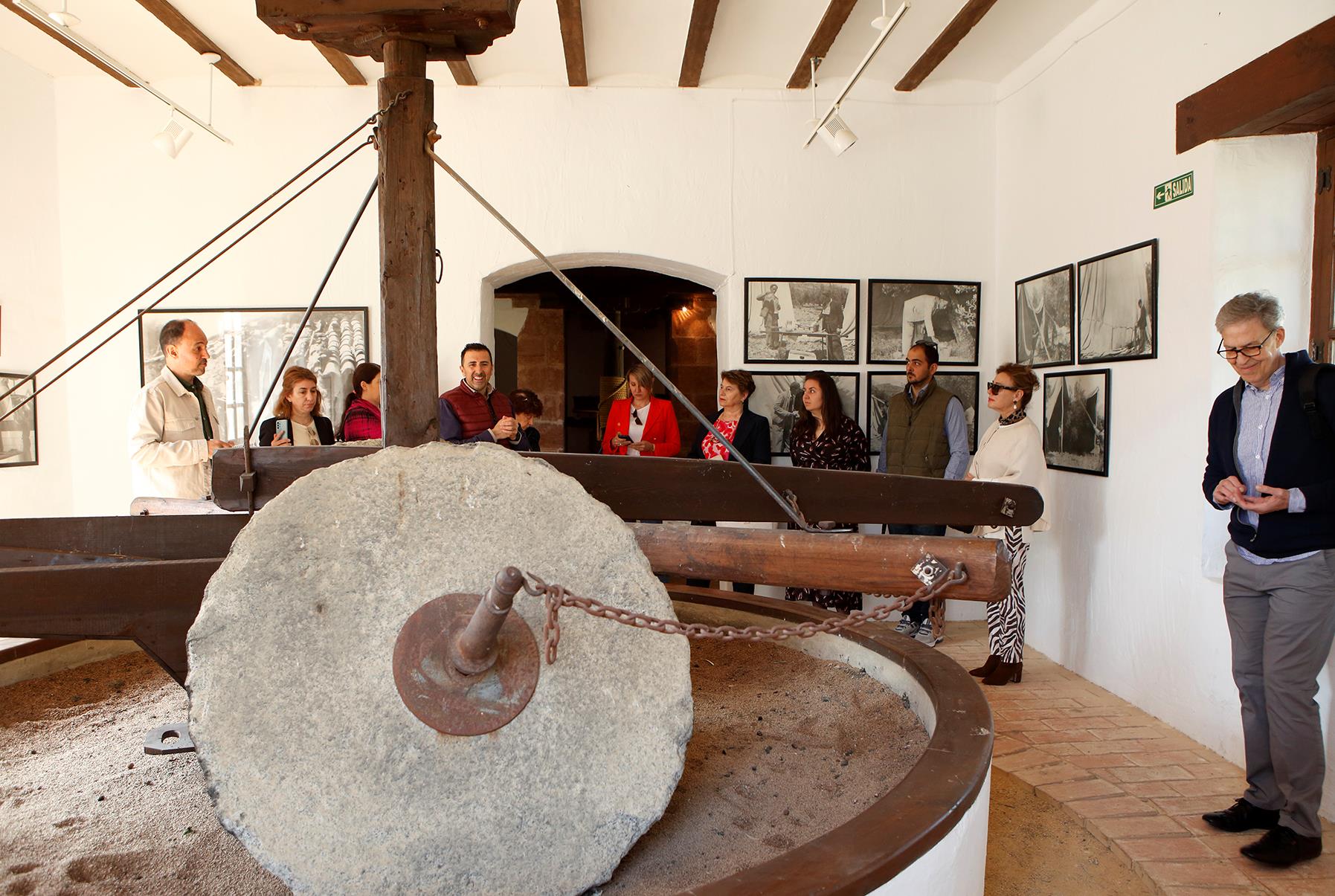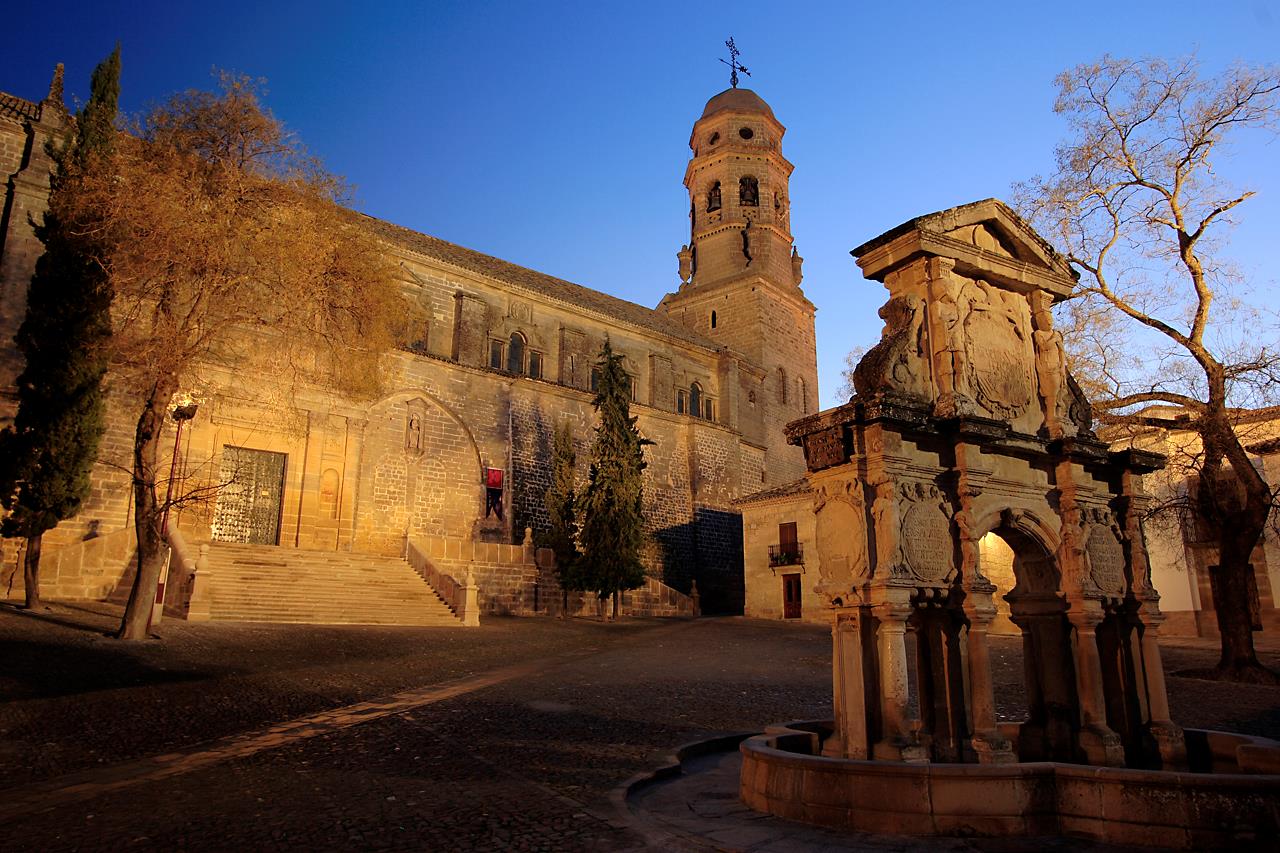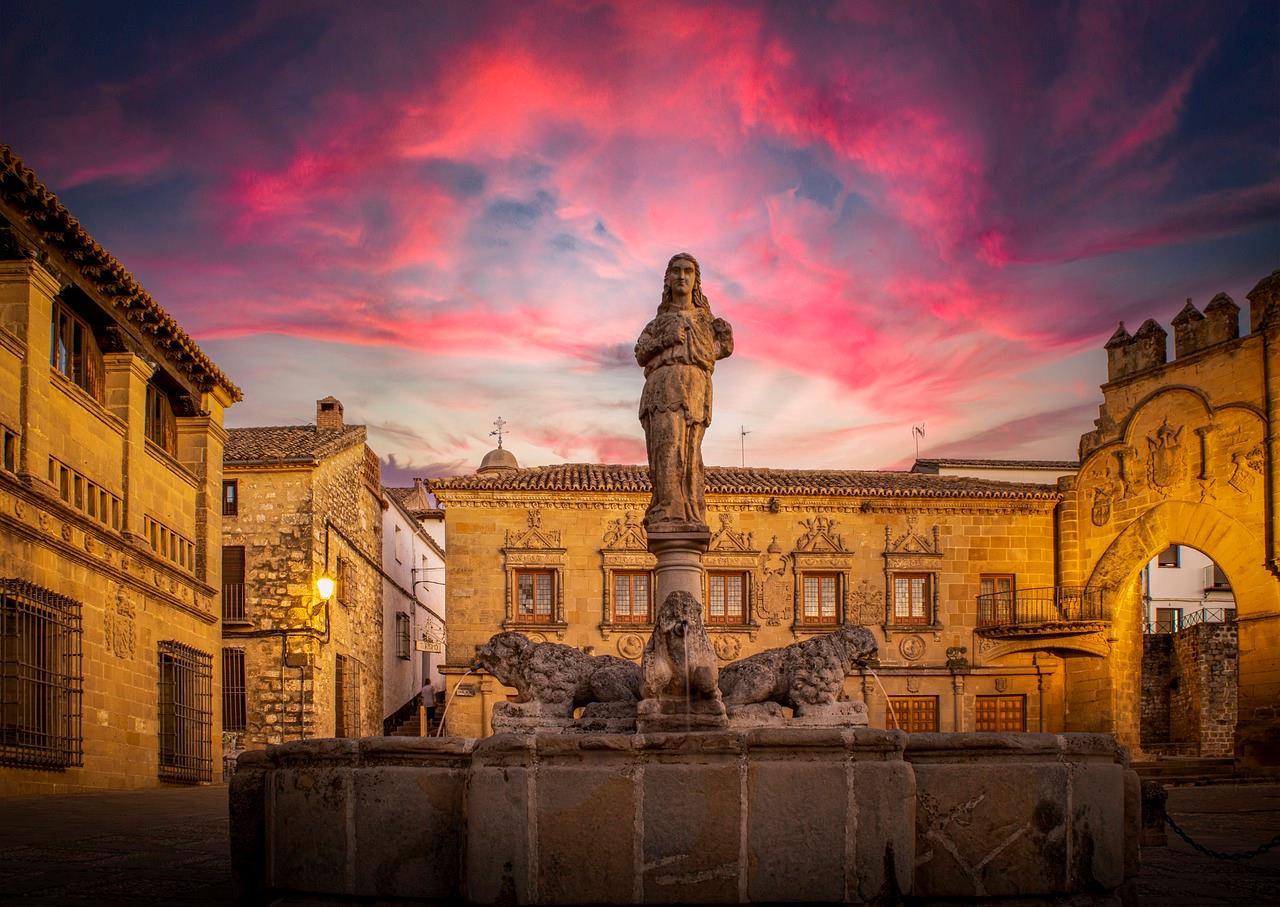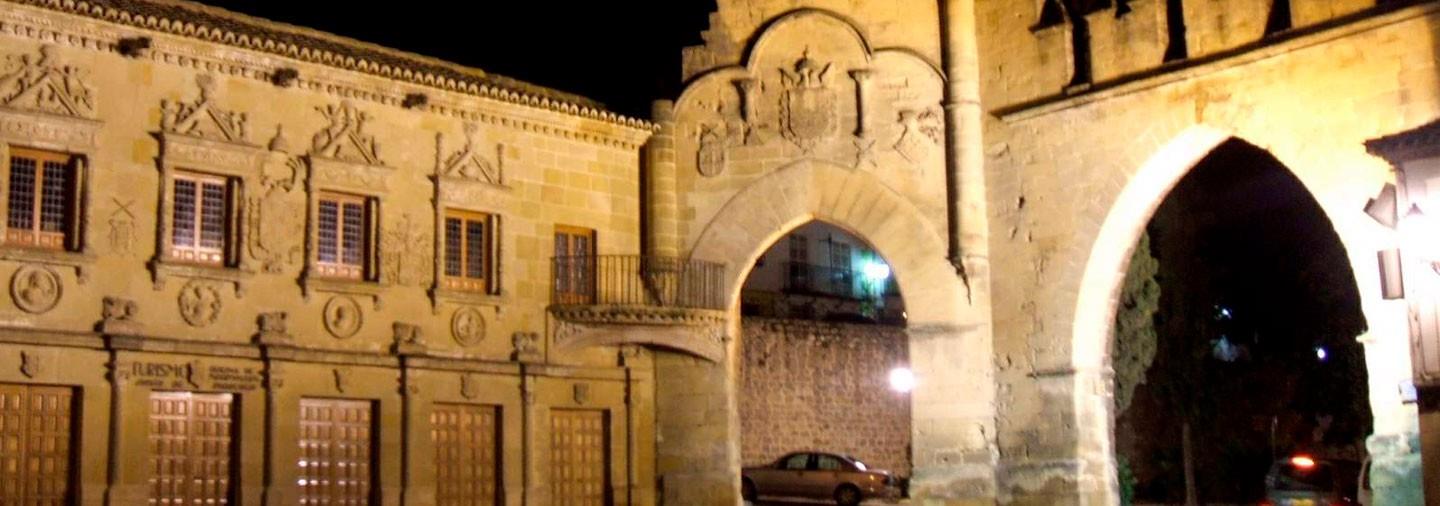Live a unique experience knowing the Culture of the Olive Tree. We begin with the guided tour of the Hacienda la Laguna del Olivo Culture Museum of the s. XVII, in the heart of the Gualdalquivir valley, we continue with an Introductory Workshop on Olive Oil Tasting and end with a visit to the Almazara Cortijo la Labor to learn about the current processes.
Things to do Oil tourism at Hacienda de la Laguna of Baeza
Highlights to see in Oil tourism at Hacienda de la Laguna of Baeza
Details
Duration
2 hours
Language
Guide in Spanish
Price
Adultos: 14.90 €
Estudiantes: free
Niños: 9.90 €
Availability and starting time
Not available
When to book?
You can reserve up to before the activity
Free cancellation
Cancel anytime for a full refund.
Excluded
Extra meals and drinks
Meeting point
Conditions
How to book?
Limited availability. Book as soon as possible to guarantee availability. Choose date and fill in the required fields. Secure and protected payment. You will immediately receive your booking confirmation.
Super safe route! COVID-19 efforts
Our route takes the recommendations and key considerations of security and protection against Coronavirus.
Is the interior of the monuments visited?
Exterior and interior of most named sites
Is the tour adapted for people with reduced mobility?
Almost fully adapted
Guaranteed departures without min of travelers
Not
Are animals allowed?
Yes
Activity recommended for children?
Yes, families are welcome
Our promises
Best price guaranteed
Quick and easy reservation
Multilingual Customer Service
Secure payment
Contact us
Do you have any question?
Would you like this tour in private?
Reservation
Cancel or modify reservation


